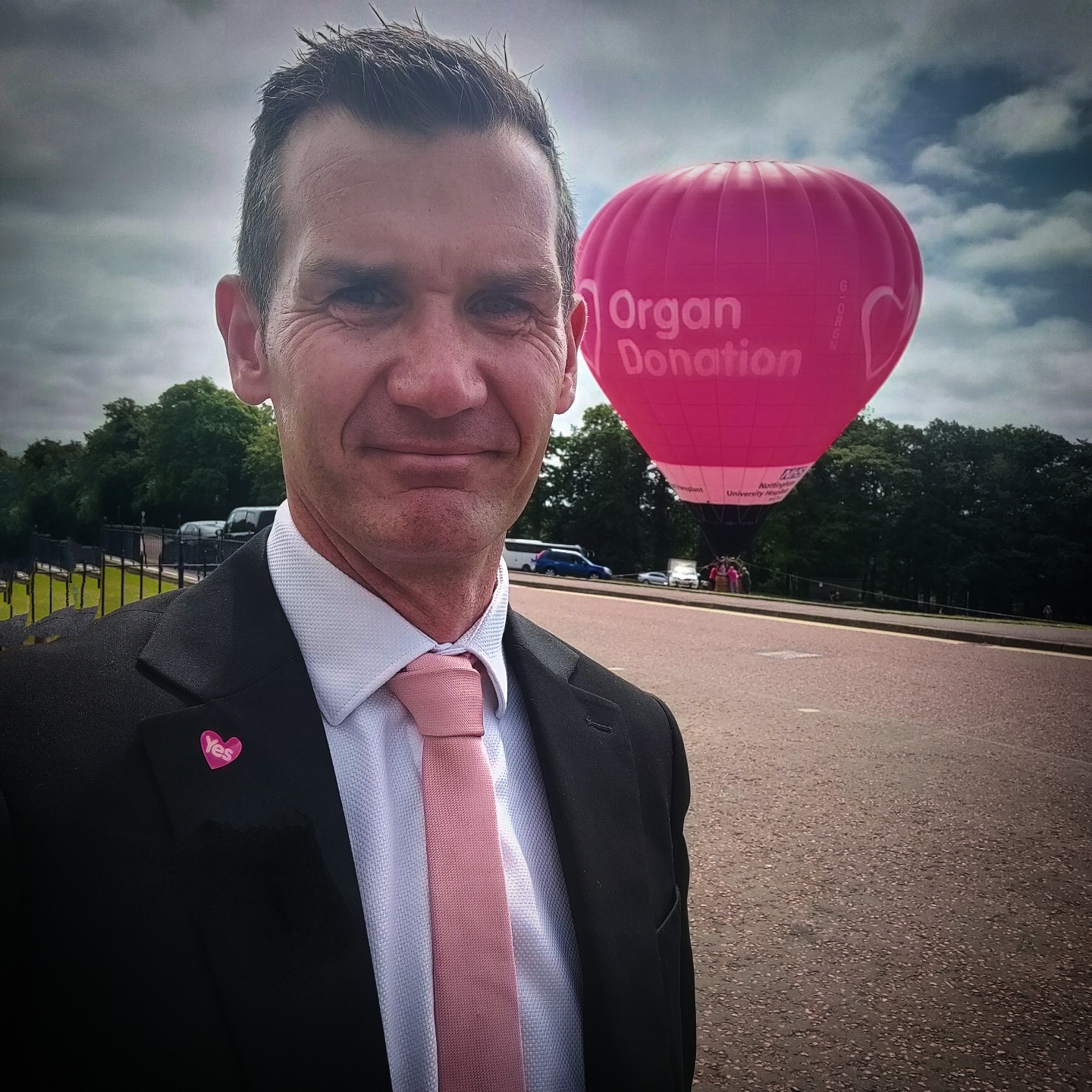
Sustainability and certainty in organ retrieval (SCORE): Redesigning organ retrieval in the UK
Phil Walton1, Sarah Beale1, Julie Whitney1.
1Organ and Tissue Donation and Transplantation, NHS Blood and Transplant, Swansea, United Kingdom
In the UK, organ donation, retrieval and transplantation operate under the auspices of NHS Blood and Transplant (NHSBT) who commission the National Organ Retrieval Service (NORS). This model supports 3 cardiothoracic and 8 abdominal retrieval teams to be available each day. In recent years, the sustainability of this retrieval service and the relative success of transplant outcomes have required focus, leading to a proposed structural change to the way these services are delivered. The Sustainability and Certainty in Organ Retrieval (SCORE) programme has been established to redesign the delivery model for organ retrieval in the UK.
UK organ donation trends have moved in the last decade where organ retrieval was predominantly a night time activity is now conducted most frequently in core business hours, having an impact on donating hospitals operating lists, increased number of delays, and stressing the NORS teams which have seen an increased fragility within the service. There has been a marked increase in the number of occasions teams have been unable to cover the on-call rota, and ongoing recruitment and retention challenges. Consequently, organ implant surgery and organ offering, spanning all organ groups, are now primarily performed out-of-hours, posing avoidable risks to the recipient due to limited access to support in complex cases, surgeons operating outside of optimal windows and late declines due to changes in members of the multidisciplinary team.
The SCORE programme aims to rectify this imbalance by creating a predictable Planned Arrival Window (PAW) outside of normal working hours, for the NORS team to arrive at the donor hospital and carry out the retrieval operation. Although this will extend the length of the donation process overall; the NORS service, transplanting hospitals, organ allocation, recipients and logistical support teams will have structured planning time to deliver this complex service more efficiently, giving certainty to all.
We believe that these system-wide changes will yield direct benefits by creating a sustainable NORS service for the future, utilise support services (e.g. transport) more efficiently and, with transplantation conducted at the optimal time in the day, better outcome survival rates.
